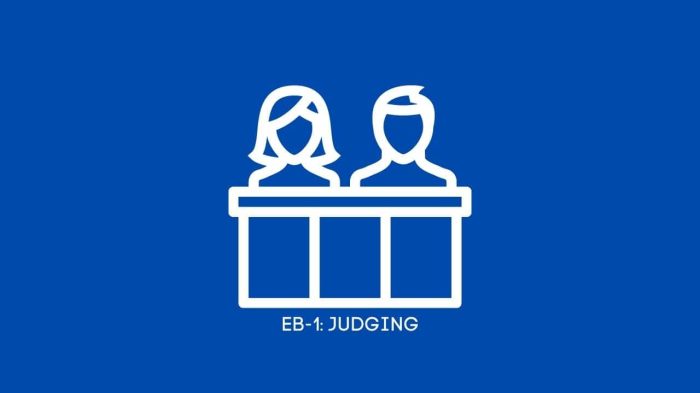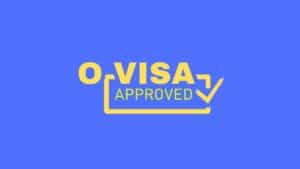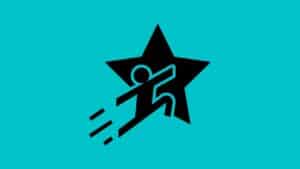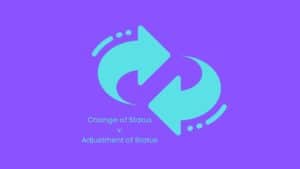Introduction
Employment-Based, First preference visa in the foreign-born of “extraordinary ability” category or an EB-1A visa has ten criteria laid down by the USCIS. As a petitioner, if you apply under this category, you either have to provide evidence of a one-time achievement (i.e., Pulitzer, Oscar, Olympic Medal) or satisfy at least 3 out of 10 criteria.
If you have participated in judging the work of others, either individually or on a panel, you already have satisfied one such criterion. All you have to do is to provide evidence of such participation along with the application for an EB-1 visa.
This article will provide an insight into the meaning of “participation as a judge of the work of others” in the EB-1 visa category and how you can prove it.
Why do I have to show evidence of my participation in judging the work of others, either individually or on a panel?
To qualify for the EB-1A visa (Alien of “extraordinary ability”), you must be able to demonstrate extraordinary ability in your field of specialization. In big contests, award ceremonies, showcases, and other competitions, the judges are usually regarded as specialists in the areas being judged.
For instance, if you are invited to judge a moot court competition, you might be considered as a person possessing extraordinary knowledge in the legal sector. Or, if you participated as a judge in a debate competition related to contemporary issues in the health care sector, you are likely to be an expert in the healthcare field.
So USCIS considers you a specialist in your field if you are judging the work of others in such a field. And hence, showing evidence of judging the work of others, as an individual or in a panel is among the ten criteria to demonstrate “extraordinary ability.”
What includes as evidence that you have been asked to judge the work of others, either individually or on a panel?
To meet the criterion requirement, you have to show evidence that you have not only been invited to judge the work of others, but you have actually participated in judging the work of others in the same or an allied field of specialization for which classification is sought. You can provide evidence of anything that shows the prestigious nature of the event you have participated in as a judge. It might include:
- Evidence of selection criteria of judges for the event/competition.
- Evidence showing that you have been invited to judge the work of others in the particular event/competition and that you have actually participated as a judge.
- Details about the participants (whether professional or rookie) and the event/competition.
- Name of other judges, if any.
- Other information/details showing the significance of the event/competition. For instance, if you did a peer review for a journal, you can provide evidence of the market value of such a journal.

Does my participation as a judge in other fields suffice?
Judging in the events/competitions in the fields unrelated to your classification in which you are applying will not suffice the criterion requirement. For instance, if you are applying under education classification (expert in advanced health care system) and judged a dance competition, you cannot show such evidence; otherwise, it will be rejected by the USCIS.
You must show that the event you judged is in your field or very much related to your field. If you stray too far, you might not be able to prove the link between the event you judged and your specialization.
Judging the work of other professionals v. Judging the work of anyone.
The reasoning behind inserting “Participation as a judge of the work of others” as one of the criteria is that it prima facie shows that you possess extraordinary ability in your field of specialization. But is it true that “being a judge” satisfies your extraordinary ability irrespective of whom you judge?
There is a clear difference if you are judging a professional’s work compared to a rookie or an amateur. And USCIS knows this and gives more weightage to your ability if you provide evidence of judging in a big and highly competitive contest. However, USCIS may ask you to provide additional evidence if your previous evidence relates to “being a judge” in a lower-level competition.
Does Peer review qualify as a piece of evidence?

While peer review may be sufficient to meet the requirements, you must be careful to add this to your list of evidence. For a very well-established publication, doing a peer review would most probably suffice the requirement. However, you may need to show more than one instance of peer-reviewing. You may not benefit from reviewing a single article in a journal that is not known by many.
What if I served as a “referee” in a sporting event? Do I qualify?
Suppose you acted as a referee in a sporting event. In that case, you might not qualify the criteria of judging the work of others because you are not acting as a judge, and the criteria restrict judging the work of others.
Conclusion
Suppose you are a foreign-born looking to enter the USA through an EB-1 visa under the “extraordinary ability” category. You have never judged or are never invited to judge the work of others to date. In that case, you should start thinking about how you can get such opportunities. You might have known what events/competitions you should judge, so try to explore, and you will surely get invited to judge someone’s ability, work, or performance.
If you get any query relating to this criterion, you can always message us your query, and our immigration attorneys will get back to you. Hopefully, to see you judging someone else works soon.








 by Prozco®
by Prozco®